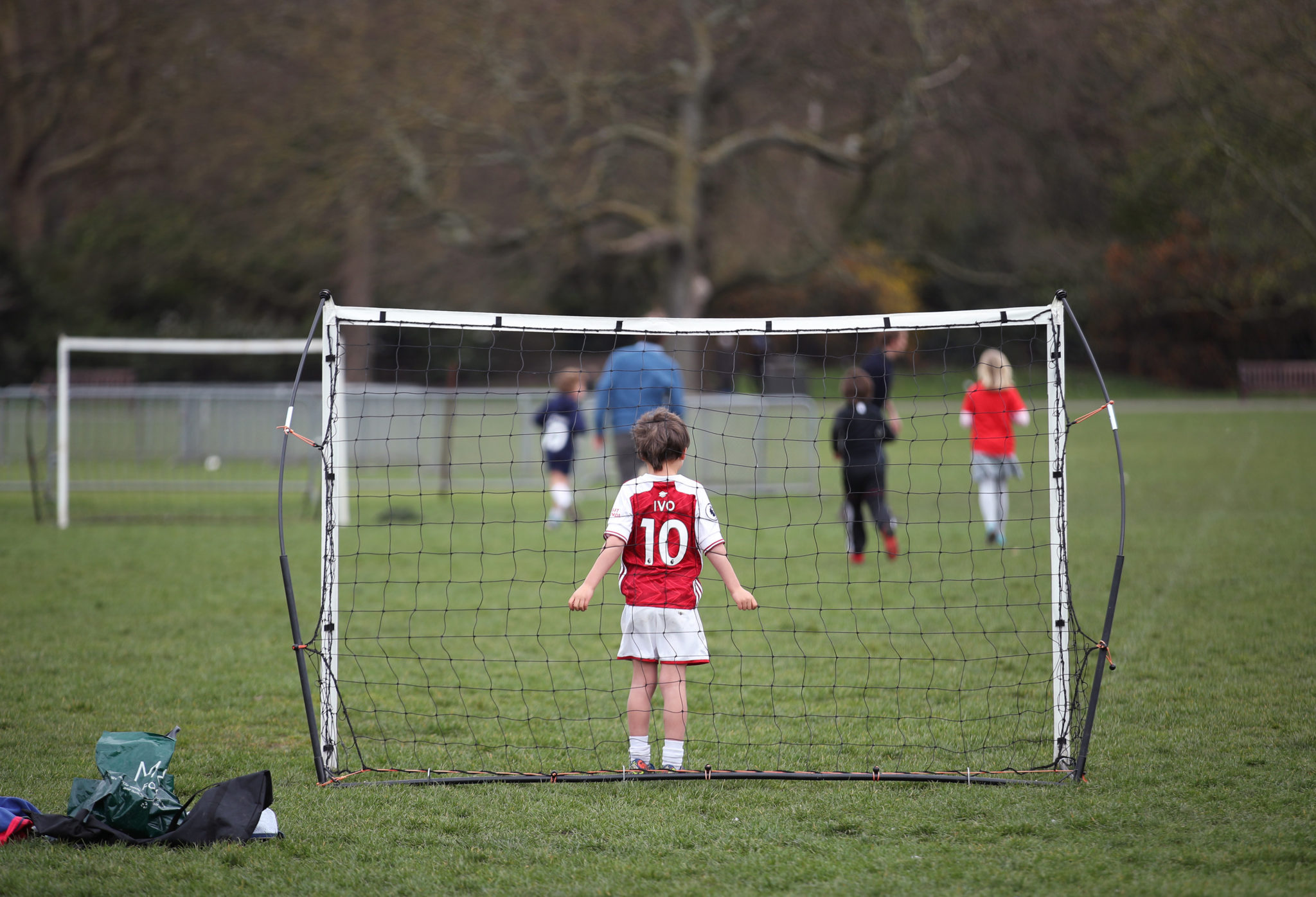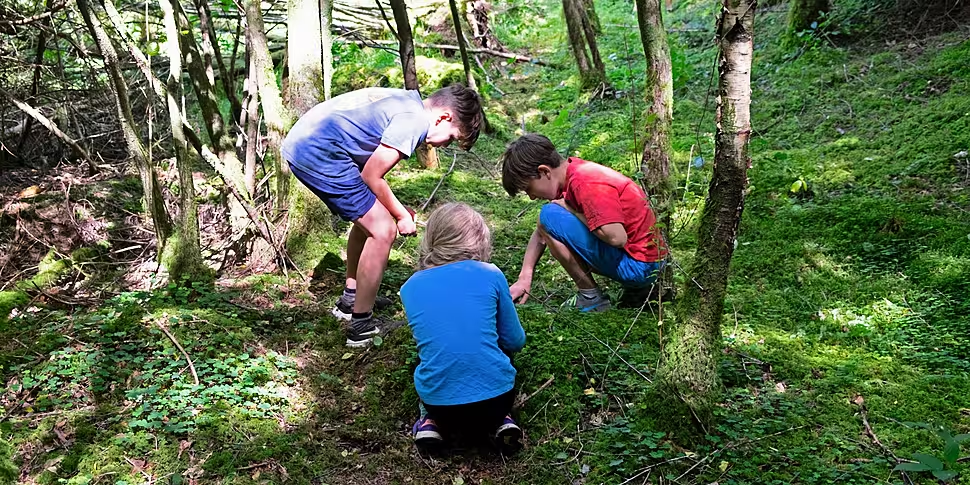Children need to be allowed to play by themselves – without parents watching over their every move, a childhood expert has said.
Early Childhood Ireland CEO Teresa Heeney said adults can hamper children’s sense of adventure by constantly trying to protect them – particularly when it comes to playing outdoors.
She told Newstalk Breakfast parents need to learn to trust their children.
"When children are given time and trust and opportunity to play, a game can start with one thing but it'll become who-knows-what the next day," she said.
"Giving children opportunities to roam and trusting them to not have to be seen or observed all the time allows them to bring their play to places that they didn't even know it could go.
"It's so important to trust children because they become the masters of their own play".
'Something they're in control of'
Ms Heeney said children learn by doing things for themselves.
"They decide what's going to happen and they have something that they're in control of," she said.
"That means that they learn [about] the uses for something, the purposes for something.
"They learn about the people that they're playing with [and] they learn about how different families operate, how different cultures operate.
"They learn about rules, they learn what kind of rules work in games with each other and they learn how important social relationships are.
"When children are doing that themselves, as opposed to being observed or directed all the time by adults, they become much more authoritative people in their own time".
 Children playing football in a park in March 2021. Image: PA Images / Alamy Stock Photo
Children playing football in a park in March 2021. Image: PA Images / Alamy Stock PhotoMs Heeney said there can be several reasons why parents keep a closer eye on their kids nowadays.
"I think we probably know more about the world; we probably know more about risks that are out there," she said.
"We are living more closely with another so we can do it a bit more than we used to do.
"So I think there's all kinds of social and cultural reasons for that".
'Risk-rich play'
Ms Heeney said parents shouldn't fear so-called 'risky play'.
"We in Early Childhood Ireland like to call that 'risk-rich play'" she said.
"There's so much to be gained for children when they have thrilling play.
"If you've ever pushed a child on a swing they want to go higher because they want to feel that thrill."
Ms Heeney said parents do still need to set limits.
"Obviously we're not saying, 'Let them out and you don't see them for 12 hours' but trust children," she said.
"Build in risk-rich opportunities so they can learn to judge risk for themselves - that's so important for their own resilience".
Ms Heeney added that her message to parents is that children "don't have to be observed all the time" when they're playing.
Listen back here:









